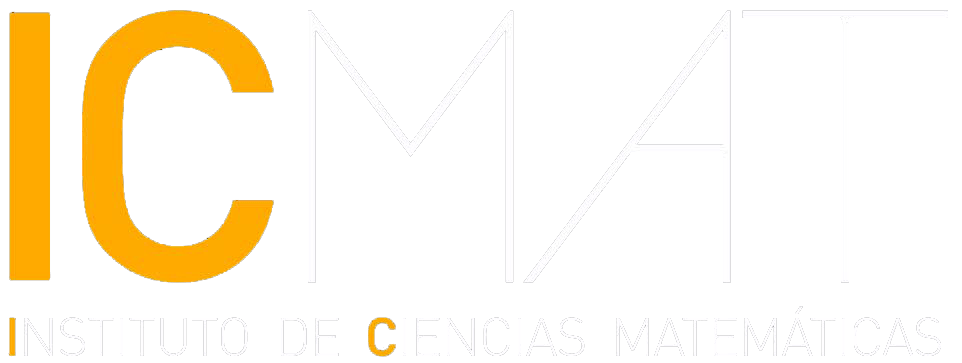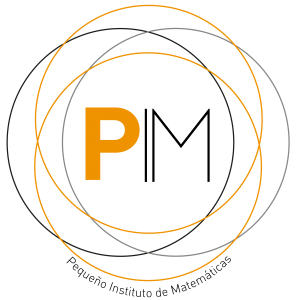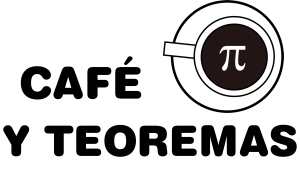The AXA Group Research Fund has set up a Permanent Chair in Adversary Risk Analysis at the ICMAT (Instituto de Ciencias Matemáticas), headed by David Ríos. Ríos is a member of the ICMAT and has received one of the two Permanent Chairs awarded to Spain, with an endowment of 1.1 million euros.
The AXA ICMAT-CSIC Chair will study problems in which an individual or an organization is faced with threats that may incur a negative or even disastrous impact, and in which some of these threats present an intelligent or adaptive behaviour.
The developments achieved thanks to the assistance provided by the AXA Research Fund can be applied to problems such as the protection of critical infrastructures against terrorist attacks; the preparation of an auction bid against other potential buyers, and the protection of a company’s information systems against cyber attacks. In general, any situation in which there are one or more adversaries who can observe us and learn how we react, and adapt themselves to increase the damage they may cause.
Most approaches so far have studied the standard risk analysis problems without taking intent into account, but terrorists are not like hurricanes; it is necessary to consider their objectives and their ability to modify their strategy in order to achieve them.
DAVID RÍOS PROFILE Click here.
IN THE MEDIA Click here.
OUTREACH – It’s a risky life! Click here.
INSTITUTIONAL INFORMATION Click here.
The ICMAT AXA Chair is structured around a collaboration between the Consejo Superior de Investigaciones Científicas (CSIC), the Instituto de Ciencias Matemáticas (ICMAT) and the Fundación General CSIC.
The ICMAT is a joint center consisting of the Consejo Superior de Investigaciones Científicas (CSIC) and three Madrid universities: the Autónoma (UAM); the Carlos III (UC3M) and the Complutense (UCM). Its main aim is to stimulate mathematical research of the highest quality as well as interdisciplinary research. It is one of the Spanish centers belonging to the Severo Ochoa program of excellence, which vouches for the high quality of the research work conducted there. Furthermore, its research scientists have obtained eight of the prestigious “Starting” and “Consolidator” grants awarded by the European Research Council.
The Fundación General CSIC is a private, non-profit organization created in 2008 on the initiative of the Consejo Superior de Investigaciones Científicas (CSIC) with the support of its founding trustees. It conducts its activities as a platform for internationalization and the transfer of knowledge, aimed at increasing the economic and social value of CSIC research, as well as an agency for fomenting research cooperation between the public and private sectors.
The Consejo Superior de Investigaciones Científicas (CSIC) is a State Agency that is the largest public institution devoted to research in Spain and the third largest of its kind in Europe. The CSIC plays a vital role in scientific and technological policy, since its activities range from basic research to the transfer of knowledge to the productive sector. Its driving force in research consists of its member centers and institutes, which are located in all the Autonomous Communities in Spain, as well as its more than 15,000 workers, more than 3,000 of whom are full-time researchers, a similar number being doctorate holders and scientists who are completing their training. In addition, the agency manages a large network of infrastructures and a full and extensive range of specialized libraries. Given its multi-disciplinary and multi-sector nature, the CSIC embraces all the fields of knowledge.
The AXA fund was created in 2007 in order to support the study of the prevention of socio-economic, environmental and health risks throughout the world. In the first five years of its existence it awarded 100 million euros to the funding of 367 projects, headed by researchers of 49 different nationalities who work in more than 150 universities in 27 countries in Europe, Asia and America. Last year the institution reaffirmed its commitment to scientific research with the granting of a further 100 million euros over the next five years. Its intention is to increase its efforts to help scientists share their knowledge with a wider public, with the aim of actively encouraging public debate about the threats faced by society as a whole.





